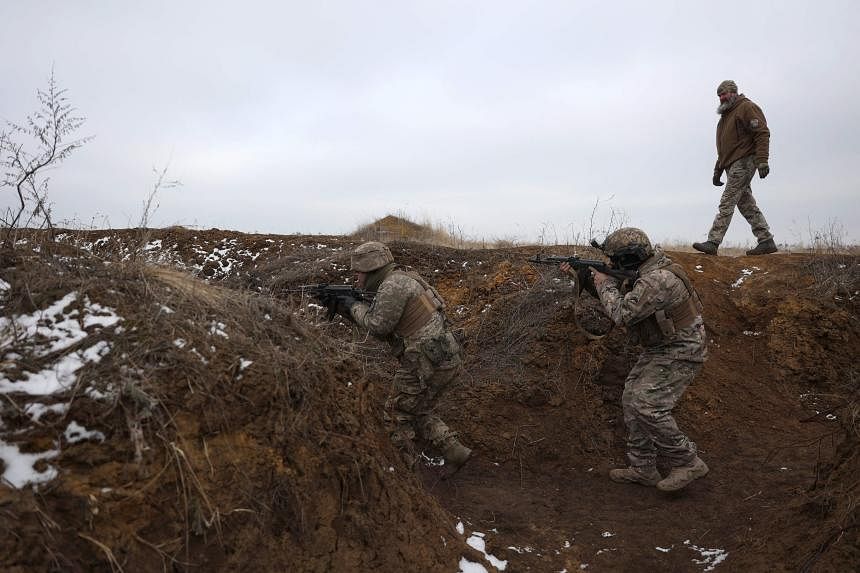SAO PAULO – Western powers debated over how to handle frozen Russian assets on Feb 28 as Group of 20 (G-20) finance ministers kicked off a discussion of challenges for the global economy, trying to set aside deep geopolitical divisions.
Brazilian officials hosting the two-day meeting in Sao Paulo sought to focus talks on economic cooperation to tackle issues such as climate change and poverty.
They proposed a joint statement that avoids direct mention of the wars in Ukraine and Gaza.
Yet the geopolitical issues hanging over the event soon spilled into the open, with even close allies divided over what to do with Russian assets blocked by Western powers.
Those fissures were visible after ministers from the Group of Seven major democracies gathered early on Feb 28 before the G-20 proceedings, debating whether the frozen assets could finance the reconstruction of Ukraine.
United States Treasury Secretary Janet Yellen on Feb 27 said she believed there was a strong basis in international law to unlock value from the Russian assets, as collateral or by seizure.
But French Finance Minister Bruno Le Maire argued on Feb 28 that there is not enough basis in international law to seize the Russian assets, emphasising that such a move would require the endorsement of G-20 members and other countries.
“We should not add any kind of division among the G-20 countries,” he told reporters.
“If the legal basis is not sufficient... you will create more divisions at a time when we need more unity to support Ukraine.”
Their disagreement underscored tricky geopolitical terrain for the G-20 group of major world economies, whose foreign ministers last week in Rio de Janeiro vented deep divisions over the war in Ukraine and Israel’s bombardment of Gaza.
Brazil’s coordinator of the G-20 finance track in Sao Paulo, Ms Tatiana Rosito, said negotiations for the economic portion of the group’s communique were successfully completed by deputy ministers in a “very positive” atmosphere.
A draft version of the communique, seen by Reuters on Feb 27, made only a passing reference to regional conflicts.
But German Finance Minister Christian Lindner said his country will only agree to the G-20 communique if geopolitical issues such as the war in Ukraine are mentioned.
Speaking after the end of the G-20’s first-day session, Japan’s Vice-Finance Minister for International Affairs Masato Kanda said work on the G-20 communique was still going on.
“There are many areas that still need discussion, including those outside of geopolitical issues. It’s hard to predict how everything will play out,” Mr Kanda told reporters.
Brazil is trying with its presidency of the G-20 to shift discussions away from geopolitical tensions between major powers and towards a consensus on sustainable development, while trying to give developing nations of the Global South more voice.
In his address opening the meeting of finance ministers and central bank governors, Brazilian Finance Minister Fernando Haddad proposed a global minimum wealth tax, representing a potential new pillar for international tax cooperation.
Mr Haddad had already suggested the G-20 tackle tax havens for the most wealthy and inheritance taxes favouring the super-rich.
Brazil’s central bank governor Roberto Campos Neto called the fight against inflation a crucial tool for combating inequalities, one of Brazil’s priorities in the G-20 presidency.
While acknowledging recent progress in disinflation since the Covid-19 pandemic, Mr Campos Neto called for persistence.
“There is still work to be done in the last mile, and risks remain ahead,” he said. REUTERS

